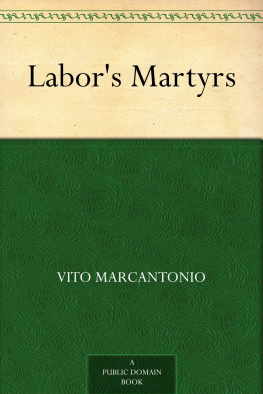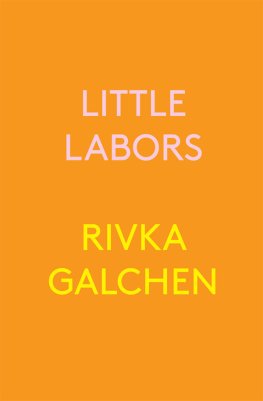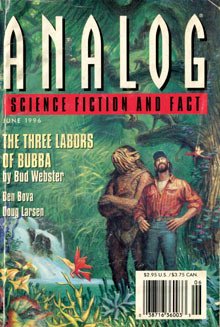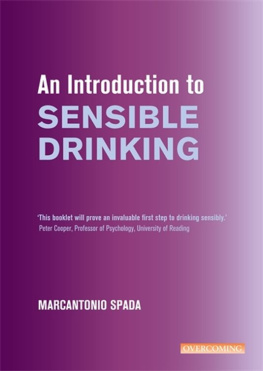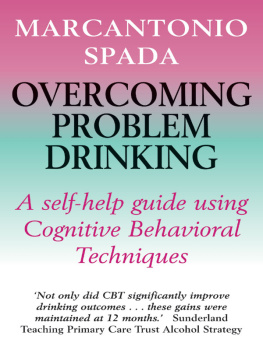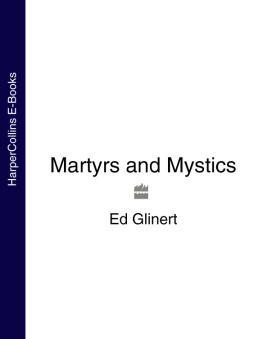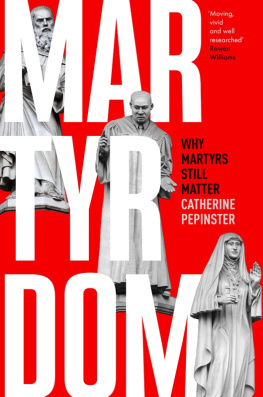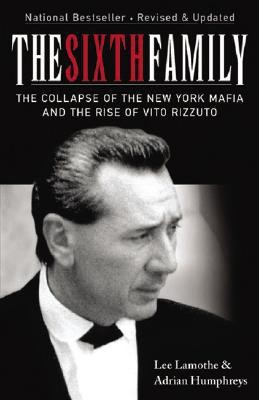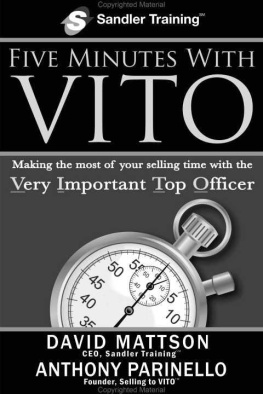Introduction
By William Z. Foster
On November 11, 1937, it is just fifty years since Albert R. Parsons, August Spies, Adolph Fischer, George Engel and Louis Lingg, leaders of the great eight-hour day national strike of 1886, were executed in Chicago on the framed-up charge of having organized the Haymarket bomb explosion that caused the death of a number of policemen. These early martyrs to labor's cause were legally lynched because of their loyal and intelligent struggle for and with the working class. Their murder was encompassed by the same capitalist forces which, in our day, we have seen sacrifice Tom Mooney, Sacco and Vanzetti, the Scottsboro boys, McNamara, and a host of other champions of the oppressed.
Parsons and his comrades were revolutionary trade unionists, they were Anarcho-Syndicalists rather than Anarchists. In the early 'eighties, when they developed their great mass following, the mass of the workers were just learning to organize to resist the fierce exploitation of a ruthless capitalism. The great eight-hour strike movement led by the "Chicago Anarchists" gave an enormous impulse to trade union organization everywhere and it was for this that the employing interests had them hanged. When, for example, the older Chicago unions nowadays go out on parade on Labor Day, banner after banner bears the historic dale of 1886. Indeed, the A. F. of L. was practically established nationally at that time. Although the A. F. of L. had been founded in 1881, it never got a real hold among the masses until the big strike movement of 1886, which established the unions in man pew trades and industries and brought about the reorganization and renaming of the A. F. of L.
In many respects 1937 bears a kinship to 1886. Once again labor is making a vast surge forward, but on a much higher political level. In 1886, and the years following, the best that the working class could do in the way of organization was to produce the craft union movement, which, notwithstanding all its failings, was an advance in liveability at least, over the amorphous and confused Knights of Labor. But now, the working class, grown stronger, more experienced and more ideologically developed, has given birth to the C.I.O. movement, with its industrial unionism, trade union democracy, organized political action and generally advanced conception of the workers' struggle. The militant trade union movement of today, heading towards a broad People's Front, is the direct lineal descendant of the great strike movement of the 1886 Chicago martyrs.
Not only has labor matured very much in the fifty years that have passed since 1886, but so also has the capitalist system that gives it birth. In 1886 American capitalism was young, strong and growing. It had before it a long period of unparalleled expansion, during which the workers became afflicted with many illusions about the possibilities of prosperity under capitalism. Now, however, American capitalism, like the world capitalist system of which it is a part, has exhausted its constructive role of building the industries. It is now obsolete and gradually sinking into decay. Industrial crises follow each other with increasing severity and the masses are becoming more and more pauperized. The growth of fascism and war is the attempt of this outworn capitalist system to keep in existence although history has imperatively summoned it to leave the stage and to make way for the next order, socialism.
The modern working class, although it has not learned all the needed lessons of the situation in which it finds itself, is nevertheless rapidly becoming free from capitalist illusions and is reorganizing itself accordingly, industrially and politically. Of this renaissance, the C.I.O. is the greatest mass expression.
The Haymarket martyrs were bold pioneer fighters for socialism and they paid with their lives for their devotion and clear-sightedness. Although they sleep all these years in Waldheim Cemetery, their work was not in vain and they are not forgotten. In keeping green the memories of these proletarian heroes, the International Labor Defense, the Communist Party and other progressive and revolutionary organizations are preserving one of the most glorious of all American revolutionary traditions. The lives of Parsons, Fischer, Engel, Spies and Lingg, and Sacco and Vanzetti, must be made more than ever the inspiration of the proletarian youth. We must indeed realize in life the noble last words of Spies, spoken as he stood on the gallows with the hangman's noose around his neck:
"There will come a time when our silence will be more powerful than the voices you are strangling today."
Labor's Martyrs
By Vito Marcantonio
President, International Labor Defense
"These are my ideas. They constitute a part of myself. I cannot divest myself of them, nor would I if I could. And if you think that one can crush out these ideas that are gaining ground more and more every day; if you think you can crush them out by sending us to the gallows; if you would once more have people suffer the penalty of death because they have dared to tell the truth--and I defy you to show that we have told a lie--if death is the penalty for proclaiming the truth, then I will proudly and defiantly pay the costly price."-- (August Spies, just before he was sentenced to death on October 9, 1886.)
The man who spoke these words had no illusions. He knew that the court he was facing was a hostile court, an enemy court, a court determined to stamp out all that he stood for and believed in. He knew, also, that the truth of which he spoke was much bigger than the little man who sat in a black gown waiting for him to finish so that he could pronounce the brutal words that would mean his death on the gallows. He knew that the movement he represented was bigger than the forces which were trying to crush it and that it would survive.
Survive it did--to become one of the most powerful factors on the American scene today, one of the most vital factors in the extension and preservation of democracy and the rights for which he laid down his life.
And why should we venerate the memory of this man and the other victims of the Haymarket tragedy? Not simply because they were brave men. Not simply because they had the courage of their convictions and did not weaken in the face of death. But because their fight is still going on today, strengthened by their magnificent pioneer work, because of the foundation they helped lay for the American labor movement of the present day.
Back in 1886, that movement was still almost in its infancy. Noble attempts to build it had been made in the days of our Revolutionary forefathers. But all they did was to lay the groundwork, to drive in the first piles on which the rest of the structure could be built. The man of the early 'eighties of the last century began the actual construction.
One of the main issues around which they rallied the working people of this country was the fight for the eight-hour day. Albert Parsons, only 36 when he was executed, had spent more than ten years actively organizing American workers. He was a printer, a member of the powerful International Typographical Union which even in those days had over 60,000 members. He was a member of the Knights of Labor, the first great trade union center in American history. He was one of the outstanding spokesmen of the eight-hour day. An able orator, he toured the United States, soap-boxing, lecturing and recruiting supporters for the movement.

